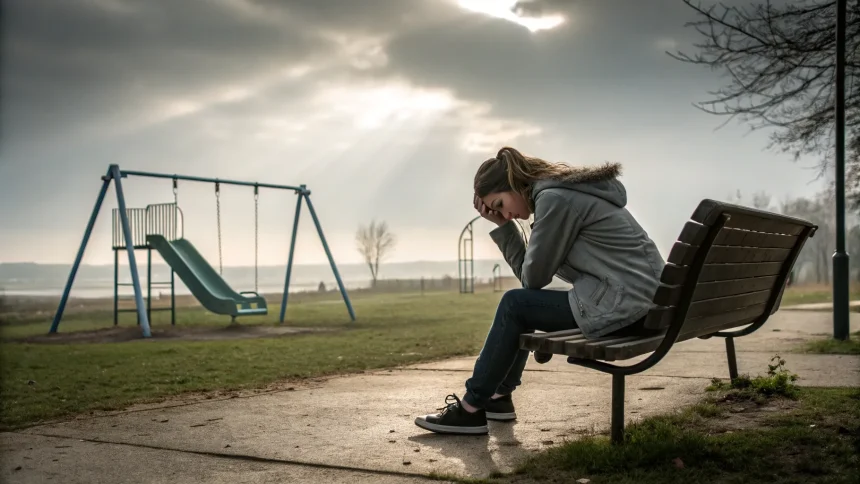A high school student has expressed complete loss of confidence following a significant betrayal by someone they trusted. In a candid statement, the teenager wrote, “My confidence is completely gone,” highlighting the emotional impact of the incident.
The student’s words reflect the devastating psychological effects that betrayal can have on young people, particularly during the formative high school years when peer relationships play a crucial role in identity development and emotional well-being.
The Impact of Betrayal on Teen Mental Health
Mental health experts note that betrayal by friends during adolescence can have lasting effects. When teens experience a breach of trust from those closest to them, it often leads to more than temporary hurt feelings—it can fundamentally alter how they approach relationships moving forward.
Dr. Sarah Johnson, a child psychologist not connected to this case, explains that “when teenagers experience betrayal, it can trigger feelings of worthlessness and anxiety about future relationships. The statement about lost confidence is typical of how deeply these experiences affect young people.”
Research shows that approximately 60% of high school students report experiencing some form of betrayal by a close friend during their school years. These incidents range from sharing private information to more serious breaches of trust.
Rebuilding Trust and Confidence
Recovery from such experiences typically involves several stages:
- Acknowledging and processing the emotional pain
- Identifying trusted adults or counselors to speak with
- Gradually rebuilding social connections
- Developing skills to assess trustworthiness in future relationships
School counselors recommend that students who have experienced similar situations seek support rather than isolating themselves. “The natural reaction is to withdraw, but that often deepens the sense of loss and damages self-esteem further,” notes high school counselor Mark Rivera.
Parents and educators are encouraged to watch for signs of withdrawal, changes in academic performance, or loss of interest in previously enjoyed activities, as these may indicate a student is struggling with the aftermath of betrayal.
Peer Relationships in the Digital Age
Today’s high school students face additional challenges as betrayals can be amplified through social media and digital communication. What might have once been a private matter between friends can quickly become public knowledge.
“When private conversations or secrets are shared online, the humiliation factor increases exponentially,” explains social media researcher Tanya Williams. “This can make the road to recovery much longer and more difficult.”
Schools across the country have begun implementing programs focused on digital citizenship and the ethics of online communication, hoping to reduce incidents of digital betrayal among students.
For the student who wrote about their lost confidence, the path forward will likely involve finding new sources of support and gradually rebuilding trust in others. Psychologists suggest that while the pain of betrayal is real, most young people eventually develop stronger relationship skills and emotional resilience as a result of working through these difficult experiences.
As one recovered student put it in an anonymous school survey: “I thought I’d never trust anyone again. It took time, but I learned to be more careful about who I let in while still being open to new friendships. The betrayal taught me a lot about myself.”









